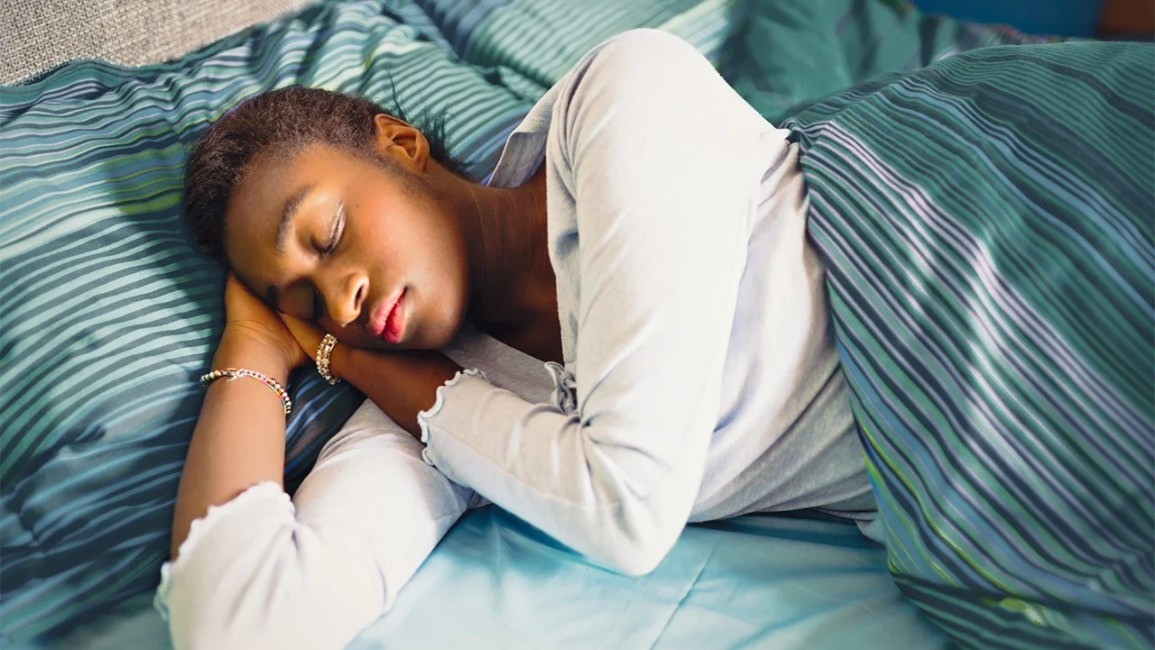Establishing healthy bedtime habits is crucial for getting a good night’s sleep and maintaining overall well-being. Avoiding dangerous bedtime habits is equally important to ensure your safety and health.
Here are some dangerous bedtime habits to Avoid :
1. Electronics before bed:
Using smartphones, tablets, or computers before bedtime can disrupt your sleep due to the blue light emitted by these devices, which can interfere with your body’s production of melatonin.
2. Consuming caffeine and alcohol:
Avoid caffeine and alcohol in the hours leading up to bedtime, as they can interfere with your ability to fall asleep and stay asleep.
3. Eating heavy meals:
Large or spicy meals before bedtime can lead to discomfort and indigestion, making it difficult to sleep soundly.
4. Irregular sleep schedule:
Inconsistent sleep patterns can disrupt your body’s internal clock, making it challenging to get a restful night’s sleep. Try to maintain a regular sleep schedule.
5. Overusing sleeping pills:
Reliance on sleeping pills can lead to dependency and other potential side effects. It’s best to use them under the guidance of a healthcare professional and as a last resort.
6. Sleeping in a cluttered or overly warm room:
A messy or excessively warm sleeping environment can be uncomfortable and disrupt sleep quality.
7. Vigorous exercise late in the evening:
Intense physical activity close to bedtime can stimulate your body and mind, making it harder to fall asleep.
8. Watching stimulating or stressful content:
Avoid watching or reading content that is exciting, disturbing, or stressful just before bed, as it can increase mental arousal.
9. Ignoring sleep disorders:
If you experience symptoms of sleep disorders like sleep apnea, restless legs syndrome, or insomnia, seek medical advice and treatment rather than ignoring them.
10. Using the bedroom for activities other than sleep:
Using the bedroom for work, watching TV, or eating can create associations that interfere with falling asleep. Reserve the bedroom primarily for sleep and intimate activities.
11. Ignoring the need for comfort and relaxation:
A comfortable mattress, pillows, and a relaxing bedtime routine can significantly improve sleep quality. Neglecting these factors can lead to poor sleep.
Establishing a healthy sleep routine, including a calming bedtime routine, can help promote better sleep and overall well-being. If you have persistent sleep difficulties, consider consulting a healthcare professional or sleep specialist for guidance and evaluation.
